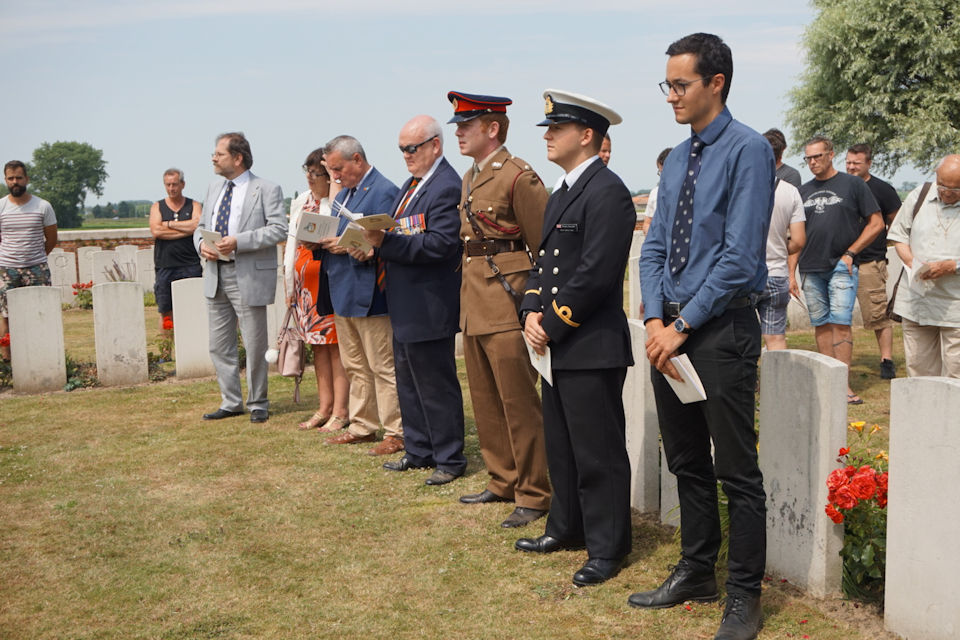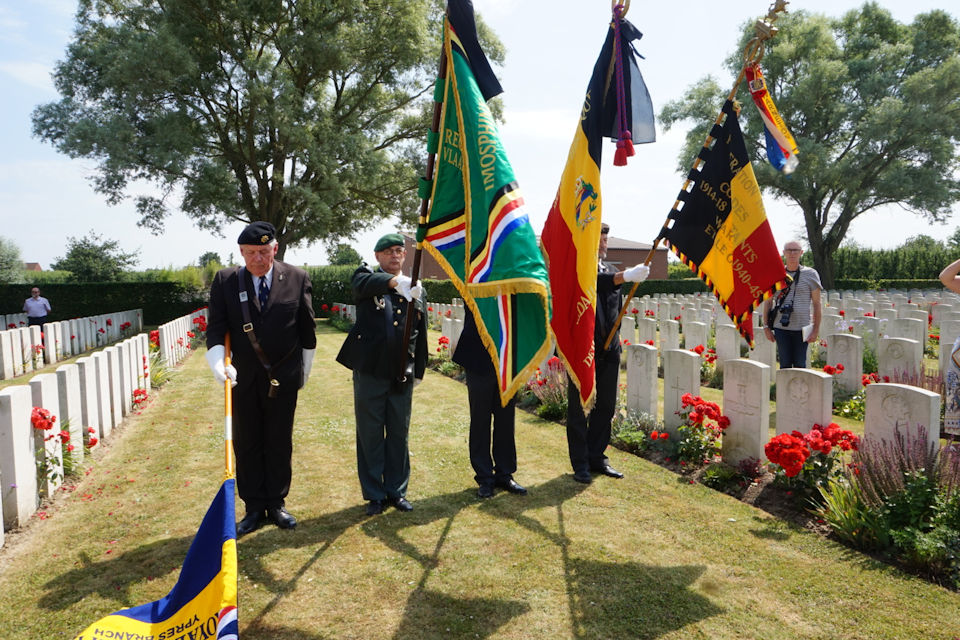Press release: UK steps up fight against Ebola following outbreak in Democratic Republic of Congo
The UK is backing the World Health Organisation’s (WHO’s) Regional Preparedness Plan to support nine countries at high risk of receiving cases of Ebola from their neighbour, the Democratic Republic Congo (DRC).
UK aid’s £1.5m of support will enable WHO to support countries with prevention, detection and containment of Ebola and other deadly diseases. It will also help important work being done at the community level, such as working with traditional healers, health workers and religious leaders around issues including safe and dignified burials. This will lead to an increased number of referrals of those with symptoms in harder to reach areas.
This new funding will help stop the immediate spread of the current DRC outbreak as well as build longer term resilience and follows significant support already committed by the International Development Secretary Penny Mordaunt in May. To date, the UK response has helped to stabilise the outbreak, but the threat of it spreading to other countries remains.
Minister for Africa, Harriett Baldwin said:
The UK continues to act decisively to stop this outbreak of Ebola, an horrific contagious disease which has the potential to cause devastating loss of life.
By supporting the WHO’s Regional Preparedness Plan, UK aid will help to scale up preparedness to ensure sustainability. We are not just waiting for the next outbreak to come along, but are actively working in partnership around the world to strengthen health systems. This is keeping us all safe from current and future global health emergencies.
The UK has the resources and know-how to help contain the spread of epidemics, but there is still work to do. Outbreaks are inevitable but epidemics are preventable.
Dr Ibrahima-Soce Fall, WHO Regional Emergencies Director, said:
Investing in preparedness is crucial to keep the world safe from Ebola. WHO is grateful for this additional funding from UK aid, which will support nine countries to better prevent, detect and respond to this deadly virus.
The UK continues to be a global leader in the fight against deadly diseases like Ebola and support to WHO reform in Africa has helped bring about a swifter and better-coordinated response to the outbreak in the DRC, a sharp contrast to the 2014 Ebola outbreak in Sierra Leone.
Notes to Editors
-
WHO’s Regional Preparedness and Readiness Plan aims to fill gaps identified by recent assessments. The estimated budget for the plan (June 2018 – February 2019) is US$15.5m over nine months. The plan is divided into two phases of priority actions. Phase I will be implemented in the next three months and will bolster operational readiness should there be any importation of Ebola cases. Phase II will look at the scale up of preparedness actions to ensure sustainability over the longer term.
-
This £1.5 million of new funding support is taken from DFID’s Crisis Reserve, and is being provided immediately to the World Health Organisation’s response plan for at least the next three months.
-
It comes after a previous £5 million support was provided to the World Health Organisation’s response plan in May 2018.
-
The Crisis Reserve funding is in addition to £1 million which DFID made available from its joint research initiative on epidemic preparedness with Wellcome. Wellcome has also made a further £2 million available to deal with the Ebola outbreak, which is being used to help roll out the vaccine campaign.
-
The UK’s response to Ebola in 2014 represented a great success in preventing the spread of a killer disease that threatened to reach 1.4 million cases. However, it came at significant cost to the UK taxpayer and African economies which lost at least $1.6 billion. Following previous DFID programmes (Regional Preparedness Programme and the Regional Malaria Programme, notably) the new Tackling Deadly Diseases in Africa Programme (TDDAP) aims to save lives and reduce the impact of disease outbreaks on African populations. This includes support to the reform of WHO in the Africa region, where it is already showing progress through swifter, better-coordinated outbreak responses in the DRC and Madagascar.
-
Investing in health systems early is important and good value for money, because it enhances the world’s ability to prevent epidemics, rather than reacting to the next crisis. Evidence suggests that for every £1 invested in preparation a £2 return can be achieved in terms of savings on future spending and investments.
-
Public Health England has assessed the risk of this outbreak to the UK as negligible to very low.
General media queries
Email
mediateam@dfid.gov.uk
Telephone
020 7023 0600
Follow the DFID Media office on Twitter – @DFID_Press



